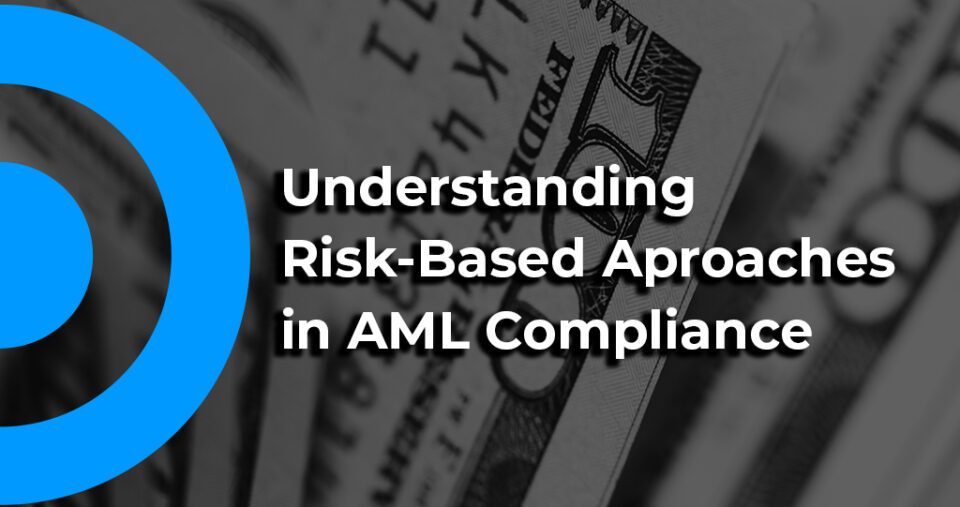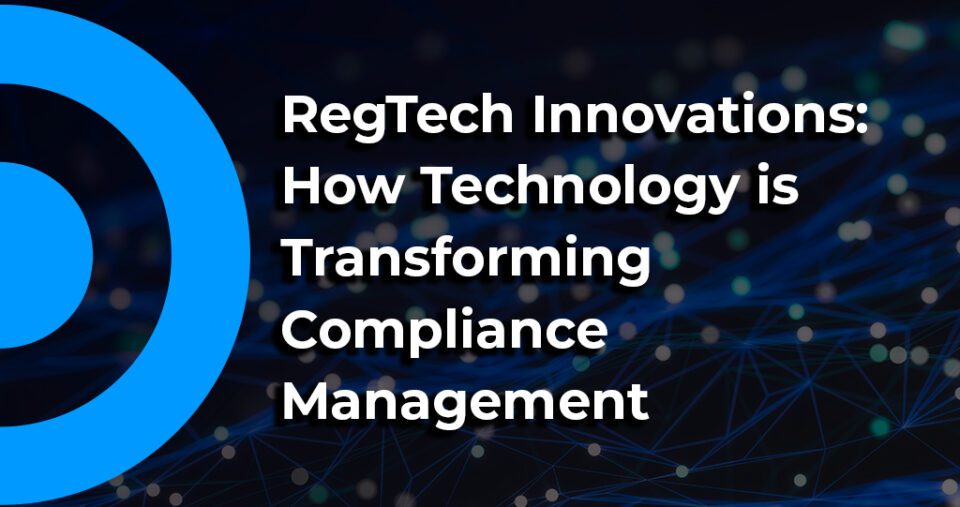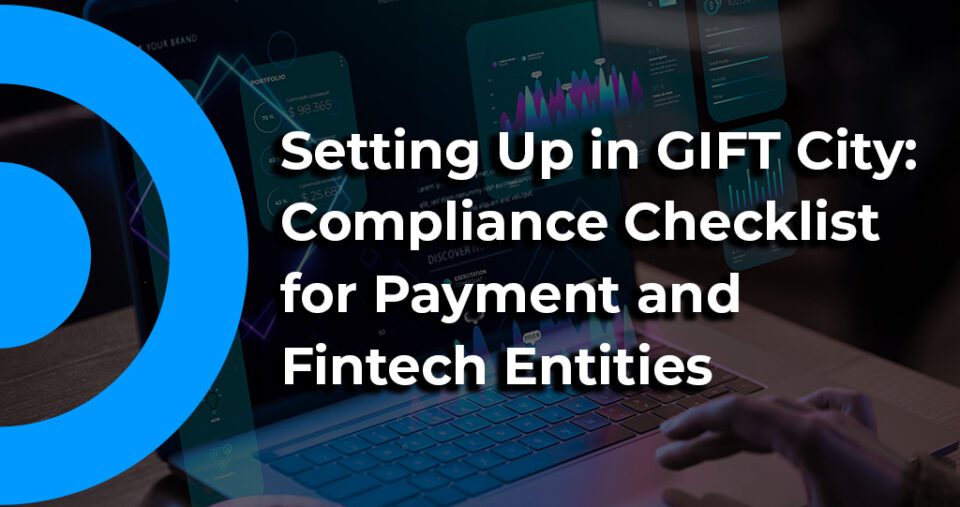
Global Compliance: Adapting to the Changing Regulatory Landscape
May 8, 2024
Asia’s 2024 PSP Compliance | Fintech Latest Trend
May 17, 2024The Ultimate Guide to Obtaining a PSP License in the UAE
The United Arab Emirates (UAE) has emerged as a global leader in the digital payments industry, attracting payment service providers (PSPs) seeking to tap into the region’s growing demand for financial services. If you’re considering acquiring a PSP license in the UAE, it’s essential to navigate the regulatory landscape effectively. Here’s a comprehensive compliance checklist to guide you through the process.
1. Understand the Regulatory Framework
Before applying for a PSP license, familiarize yourself with the UAE’s regulatory framework. The Central Bank of the UAE (CBUAE) oversees digital payments and sets the rules for acquiring and maintaining licenses. Key regulations include the Retail Payment Services and Card Schemes Regulation (RPSCS Regulation), which outlines the conditions for providing retail payment services and operating card schemes. Ensure you understand the specific categories of retail payment services covered under the regulation.
Read more on UAE PSP License: Benefits & Trends in 2024
2. Choose the Right Licensing Category
The CBUAE offers a four-category licensing scheme for retail payment services. As a PSP, you’ll need to apply for one of the following Payments Licenses:
- Category I: Allows you to provide a broad range of retail payment services.
- Category II: Permits a subset of regulated activities.
- Category III: Covers a narrower scope of services.
- Category IV: Limited to specific retail payment services.
Evaluate your business model and choose the category that aligns with your intended services. Banks engaging in certain payment activities may not require a Payments License but need a no objection letter from the CBUAE.
3. Define Your Retail Payment Services
The RPSCS Regulation defines nine categories of retail payment services:
- Payment account issuance services
- Payment instrument issuance services
- Merchant acquiring services
- Payment aggregation services
- Domestic and cross-border fund transfer services
- Payment token services
- Payment initiation services
- Payment account information services
Identify which services your PSP will offer and ensure they fall within the chosen licensing category.
4. Prepare Documentation
Gather the necessary documents for your license application:
- Business Plan: Outline your business model, target market, and growth strategy.
- Financial Statements: Provide financial records demonstrating your financial stability.
- AML & KYC Procedures: Detail your anti-money laundering (AML) and know-your-customer (KYC) processes.
- Risk Assessment: Assess potential risks and mitigation strategies.
- Compliance Policy: Develop a robust compliance policy aligned with regulatory requirements.
Want to understand License extension services? Demystifying License Extension Services
5. Submit Your Application
Submit your application to the CBUAE, ensuring all required documents are complete and accurate. The application process involves due diligence checks, background investigations, and interviews.
6. Compliance Monitoring and Reporting
Once licensed, maintain compliance by:
- Regular Reporting: Submit periodic reports to the CBUAE.
- Internal Controls: Implement internal controls to prevent fraud and ensure compliance.
- Risk Management: Continuously assess and manage risks.
- Training: Train staff on compliance procedures.
7. Stay Updated
Monitor regulatory updates and adapt your compliance practices accordingly. Attend industry seminars, engage with regulatory authorities, and stay informed about changes in the digital payments landscape.
Conclusion
Acquiring a PSP license in the UAE requires thorough preparation, adherence to regulations, and ongoing compliance efforts. By following this checklist, you’ll be well-positioned to operate successfully in the UAE’s dynamic fintech environment.
Embark on your journey to seamless compliance with Paycompliance. As the financial industry continues to evolve, so do the complexities of regulatory requirements. Whether you’re a startup or an established enterprise, our team of experts is here to guide you through every step of the compliance process. With Paycompliance, you can focus on what you do best—innovating and growing your business—while we handle the intricacies of compliance. Don’t wait for regulatory challenges to become obstacles; partner with us today and turn compliance into your competitive advantage. Reach out now and take the first step towards effortless compliance in the dynamic world of finance.



